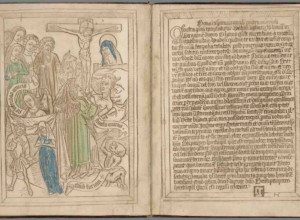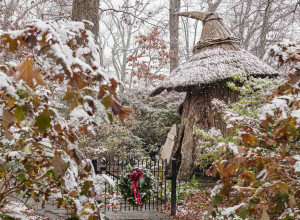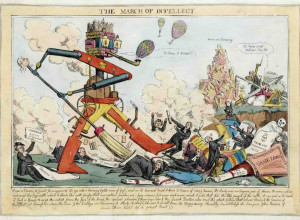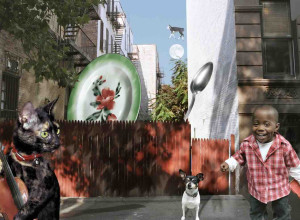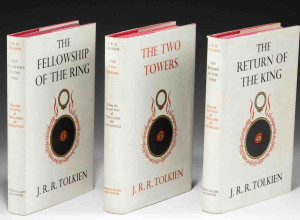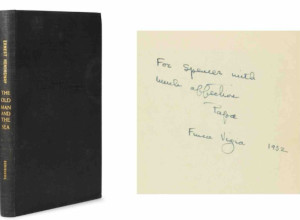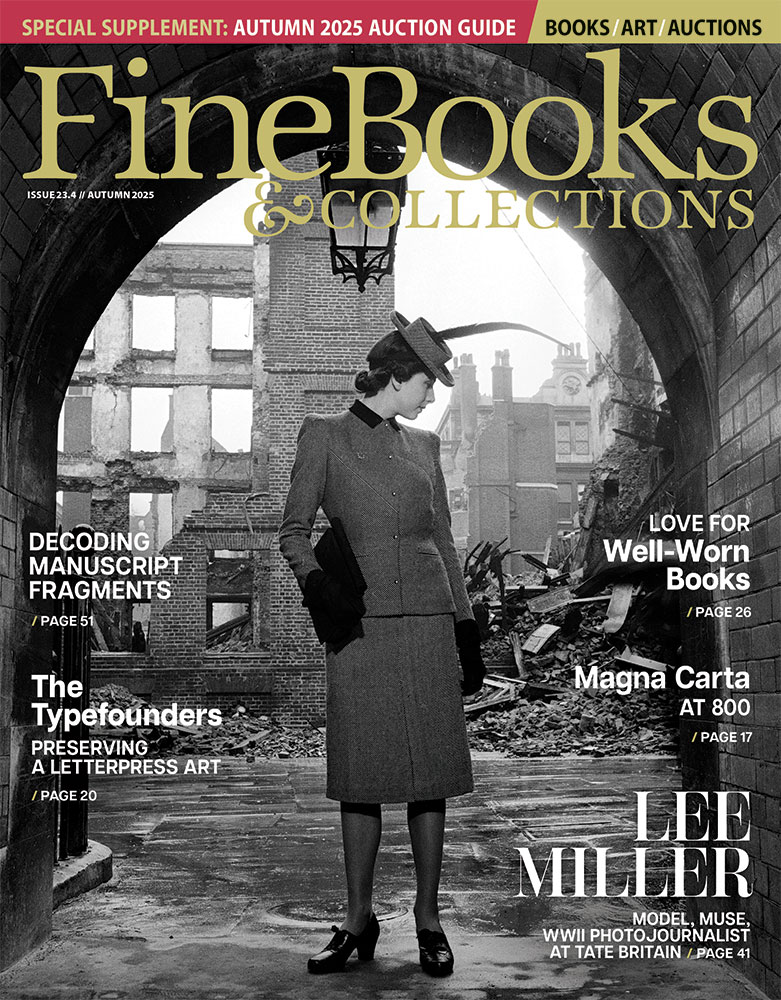Dorothy West and The Harlem Renaissance
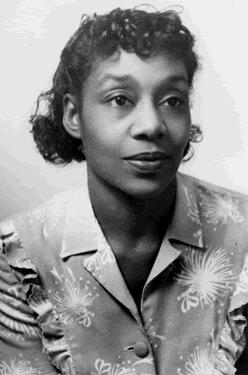
Dorothy West (Photo credit: Wikipedia)
Dorothy West (1907-1998) knew from an early age that she wanted to be a writer, but little did she realize that international success would come in her eighties, and that she would bear witness to the Harlem Renaissance, an artistic movement which took root in 1920's New York. Black painters, poets, musicians and writers from across America - many fleeing repressive Jim Crow laws in the South - founded a dynamic core based in that Manhattan neighborhood, leading to a flourishing cultural and social phenomenon that continues to impact the arts - from rap music, African-American literature, sculpture and poetry - all can trace their roots to this moment in history.
West's background was different from many of her peers. She hailed from a prosperous upper-middle class black family in Boston where her father, a freed slave, had been a successful fruit merchant. West attended the prestigious Boston Latin Public School and enjoyed summers on Martha's Vineyard. Eventually she moved to New York and while living at the Harlem YWCA, she became friends with influential writers such as Zora Neale Hurston, Countée Cullen, Langston Hughes and Claude McKay.
As a young writer, West won various prizes for her short stories. Still, she struggled to find outlets that would publish her work - very few successful black publications existed in the 1920's, and West focused on life in black America, a topic that most magazines with a white readership would not publish. Despite setbacks, she continued to write, leaving Harlem and moving permanently to Martha's Vineyard in 1943, where she would write a weekly column for The Vineyard Gazette until her death in August 1998.
West's first book, The Living is Easy, published in 1948, examines the complexities of being black and upper-class in Boston around World War I. This would be her only book for decades, until she met fellow Island resident and Doubleday editor Jacqueline Kennedy Onassis. Onassis encouraged West to complete what would be, at 85 years old, West's breakthrough hit, The Wedding. Oprah Winfrey turned The Wedding into a two-part miniseries starring Halle Berry, airing in 1998. While success came late for West, she never relented in her literary pursuits. After The Wedding was published, she was asked in an interview to describe herself. West was a 'serious' child, and intently focused on her writing. Her mother suggested she loosen up a little. "'You better learn to laugh, little girl, you'd better learn to laugh,'" West's mother advised. "Before long, I discovered that I like life - and I like people."






